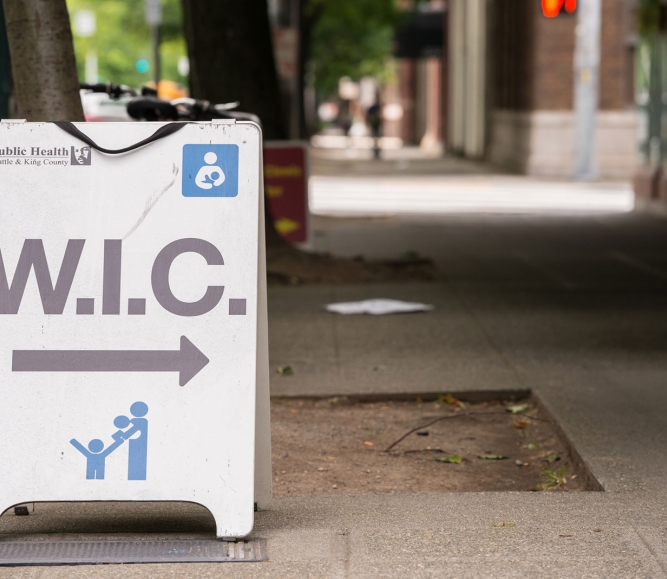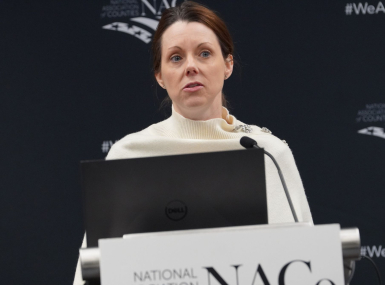Congress introduces Wise Investment in Children (WIC) Act
Author
Upcoming Events
Related News

Key Takeaways
On March 18, Representatives Rosa DeLauro (D-Conn.), Jenniffer Gonzalez-Colon (R-Puerto Rico), Linda Sanchez (D-Calif.), Kim Schrier (D-Wash.), and Don Young (R-Alaska) and Senators Bob Casey (D-Penn.) and Susan Collins (R-Maine) introduced the Wise Investment in Children (WIC) Act, which would expand eligibility for the Special Supplemental Nutrition Program for Women, Infants, and Children (WIC). As the nation continues to grapple with the economic impacts of the pandemic, WIC and other federal nutrition programs have helped vulnerable families keep food on the table.
WIC is a federal program that provides grants to states for supplemental nutritional care for low-income pregnant, breastfeeding and non-breastfeeding postpartum women and to infants and children up to age five who are found to be at nutritional risk. Although WIC is administered at the state level, the program operates through nearly 1,900 local agencies, including county health departments. Beyond food assistance, WIC participants have access to services such as health screening, nutrition and breastfeeding counseling, immunization screening and referral, substance abuse referral and more.
The bipartisan bill specifically aims to enhance the WIC program by expanding child eligibility to age six or the beginning of kindergarten; expand postpartum eligibility to two years; and extended infant certification periods to two years. Congress will have the opportunity to make changes to WIC and other child nutrition programs in the coming months as the Senate Agriculture Committee and House Education and Labor Committee begin the process of Child Nutrition Reauthorization. Given our role in shaping early childhood systems and investing in core services for infants and toddlers, counties support this bipartisan effort to expand eligibility and reduce administrative barriers within WIC, which is proven to positively impact participants’ health and nutrition. NACo will continue to monitor this legislation and the Child Nutrition Reauthorization process.
Advocacy
USDA extends WIC COVID-19 flexibilities through end of national health emergency

Related News

National Association of Counties Launches Initiative to Strengthen County Human Services Systems
The National Association of Counties (NACo) announces the launch of the Transforming Human Services Initiative, a new effort to help counties modernize benefits administration, integrate service delivery systems and strengthen county capacity to fulfill our responsibility as America’s safety net for children and families.

Congress seeking ‘common-sense solutions’ to unmet mental health needs
Rep. Andrea Salinas (D-Ore.): “Right now, it is too difficult to access providers … and get mental health care in a facility that is the right size and also the appropriate acuity level to meet patients’ needs.”

Federal-level child welfare priorities center on supporting foster youth, families
Child welfare experts outlined current priorities at the federal level, including better supporting foster care youth who age out of the system and recruiting more foster parents, at NACo’s Human Services and Education Policy Steering Committee meeting.
